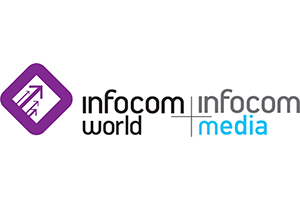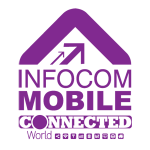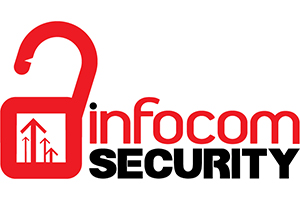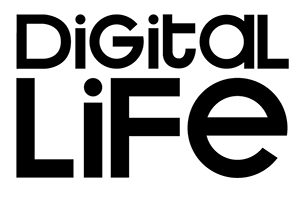14th Mobile & IoT Connected World
A Smart & Safe World!
26 June 2024
Wyndham Grand Athens
In a new, technological era, where mobility and connectivity dominate, and IoT and AI applications are part of our daily lives, a critical question that arises is how we will face the new challenges and take advantage of the emerging opportunities.
The “Mobile & IoT Connected World 2024: A Smart & Safe World” conference, coming on Wednesday 26 June 2024, aims to provide answers to the new questions, bringing to the stage, mobile first, mobile business, smart cities, but also the extremely important issue of civil protection and security & the solutions that technology provides for it.
The conference aspires to be a “meeting point” for every new idea, innovation and solution that aims to harness the power of technology for a safer, smarter and more connected world.
Through a series of very important presentations and speeches, it seeks not only to face the challenges of today, but also to pave the way for the opportunities of tomorrow – as these are formed by the important developments that exist around new innovations, such as artificial intelligence and machine learning.

Civil Protection: Crisis and Disaster: Prevention & Management!
In the context of an increasingly connected world, civil protection takes on its own importance. The application of advanced technologies in disaster prevention & management and emergency response systems, offers unprecedented capabilities to predict, prepare for and respond to crises, protecting communities and minimizing the impact of disasters, facilitating a return to normalcy. The application of advanced technologies such as sensors, monitoring systems, machine learning algorithms and telecommunications infrastructure, enables a more efficient response to emergency situations. Sensors can provide access to a wealth of data, and algorithms can analyze this data to predict potential crises and formulate action plans.
Technology plays a key role in strengthening civil protection through early warning systems that utilize sensors, analytics, terrestrial and satellite technology, to predict natural disasters, with greater accuracy and forecast time.
This advance notice allows for early preparation of evacuation plans and preparedness measures, greatly reducing the potential loss of life, property and government infrastructure.
In addition, mobile telephony has revolutionized communications. Early warning systems can quickly deliver critical information to a wide audience, ensuring that people in affected areas are fully informed to take the necessary action. On the other hand, social networking platforms have evolved into tools for real-time information sharing, further facilitating coordination.
Drones and robotics are also emerging as invaluable tools for civil protection, able to reach areas that are dangerous or inaccessible to personnel. These technologies help in search and rescue operations, damage prediction and assessment, and the delivery of emergency supplies to disaster-stricken areas.
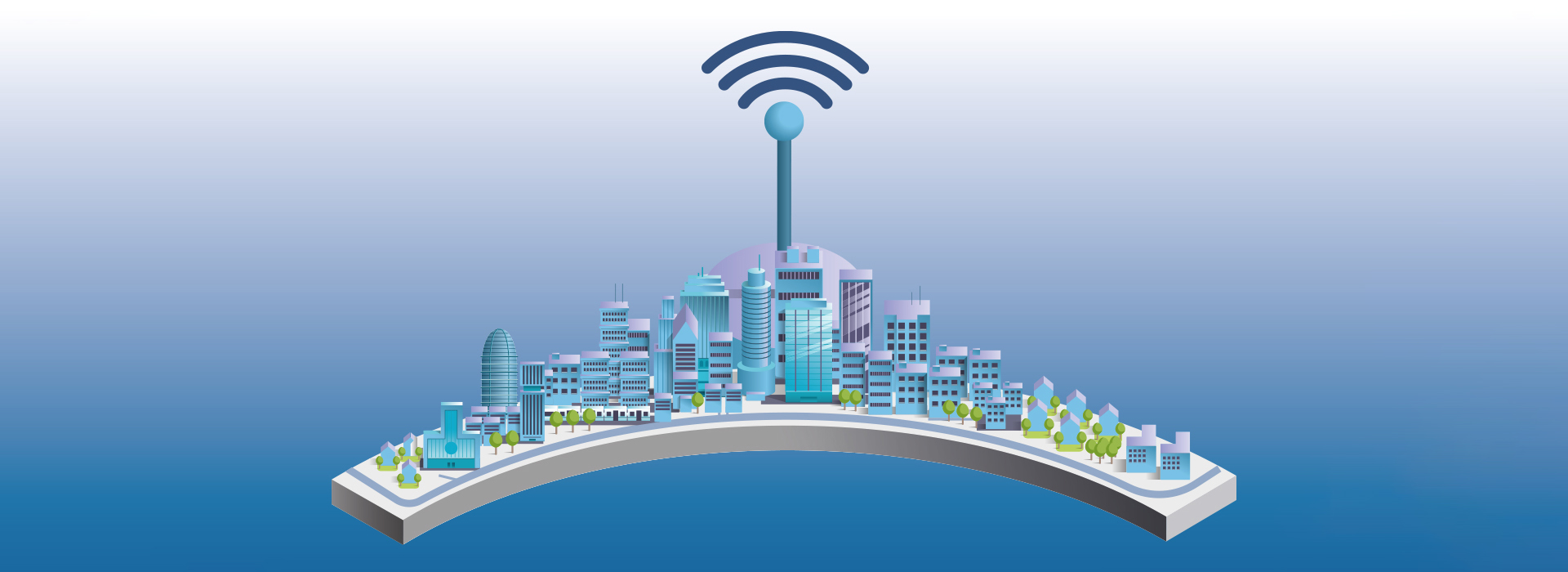
Smart Cities: The way to urban transformation
Smart cities represent the intersection of technology, infrastructure and urban planning, improving the quality of life for their residents, ensuring sustainable development and efficient management of economic and human resources.
Through the integration of IoT (Internet of Things) devices, AI (Artificial Intelligence) and big data analytics, they are transforming the fabric of urban life, making cities more sustainable, resilient and accessible.
A prime example of smart cities is the development of intelligent traffic management systems, which use real-time data to optimize traffic flow, reduce congestion and improve air quality by adjusting traffic lights based on current conditions. In addition, smart public transport systems offer real-time updates.
Another critical aspect of smart cities is their focus on energy efficiency and sustainability. Smart grids enable more efficient distribution of electricity, integration of renewable energy sources, and adaptation to fluctuations in demand. At the same time, smart buildings use sensors and automation to optimize energy consumption.
Making a city smart is an exciting goal that promises to renew the lives of citizens and improve the functioning of the city as a whole. However, its implementation comes with a number of requirements and challenges that must be addressed.
One of the main issues is ensuring the privacy and security of citizen data. The collection, storage and use of data for the operation of smart cities must be done in a way that protects privacy and prevents the misuse of information.
Another challenge is overcoming financial and technical obstacles. Creating innovation infrastructure and implementing technologies, requires investment and know-how. Therefore, human resource funding and training are critical issues that need to be addressed.
Finally, it is necessary to promote a culture of innovation and cooperation between the various agencies. The successful transition to a smart city requires collaboration between the public and private sectors, as well as with the community itself. This can be achieved through innovation programs, education and active citizen participation.
Despite the obstacles, the potential benefits of the transition to a smart city, make them central in discussions about the future of our cities. Improving the quality of life, more efficient use of resources, and enhancing sustainability, are just some of the advantages offered by a smart city. With the right preparation, collaboration and innovation, we can overcome the challenges, and create cities that are more sustainable, intelligent and citizen-friendly.

Mobile Business: AI, Connectivity & 5G SA!
As smartphones and various mobile devices become ever more central in our daily lives, businesses are leveraging technology to offer more efficient, engaging and personalized experiences for their customers, such as mobile payments and online shopping. It is clear that the business landscape around mobility and mobile first solutions, offers opportunities for growth and transformation.
The future of mobile business looks even more promising, with developments around 5G and new generations arriving in the coming years, which appear poised to unlock unprecedented levels of speed and connectivity. This leap forward will enable new business models and services, including IoT applications, smart city solutions, and immersive augmented and virtual reality experiences. All this, of course, after the networks take the next step, which is 5G SA (Stand Alone).
However, the path to realizing the full potential of this market, does not come without challenges. Issues such as data privacy protection, cyber security and the digital divide, as well as the killer application that everyone is looking for, as the “holy grail”, remain pressing concerns that businesses, the state, and everyone involved, must address in order to ensure that the benefits of mobility are accessible and safe for everyone.
In summary, what could be described as Mobile Business, is a critical driver of innovation and connectivity in today’s world. As we look to the future, it is clear that the opportunities for growth and transformation in this area are limitless, promising a more connected, efficient and personalized world, for both consumers and businesses.
Towards a smart and secure future
In conclusion, the conference will provide answers to a series of questions, such as:




